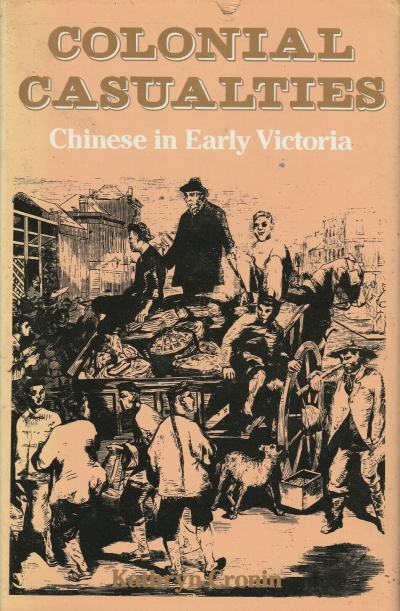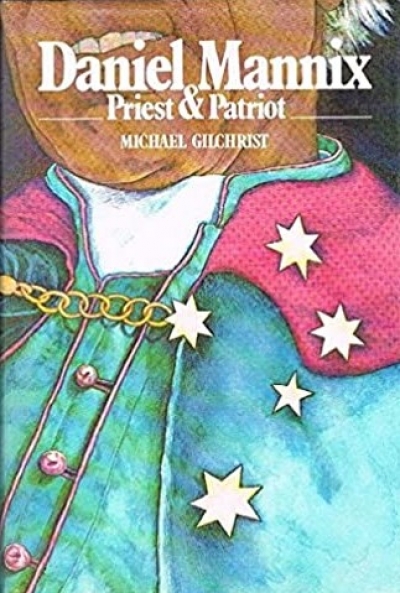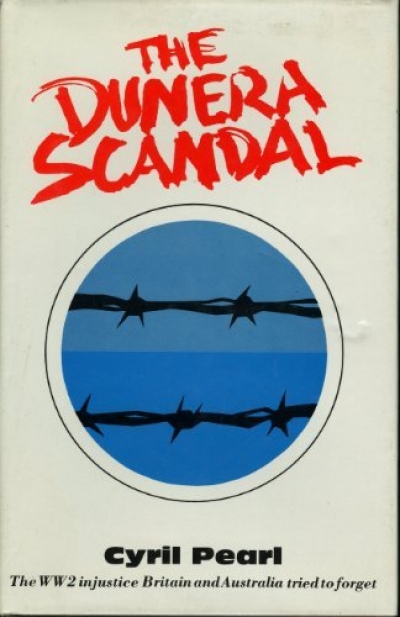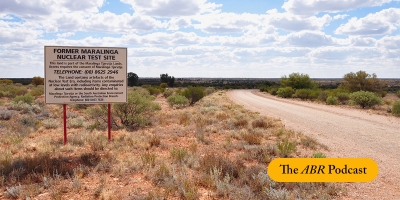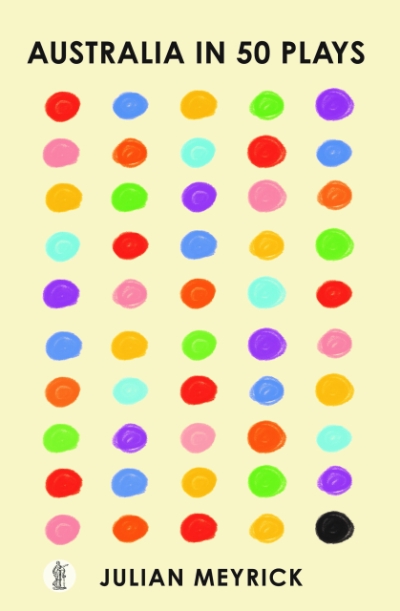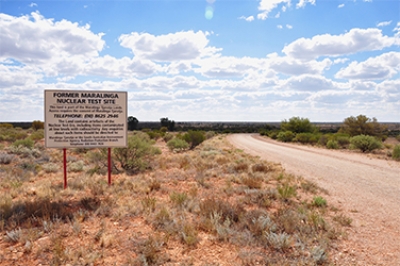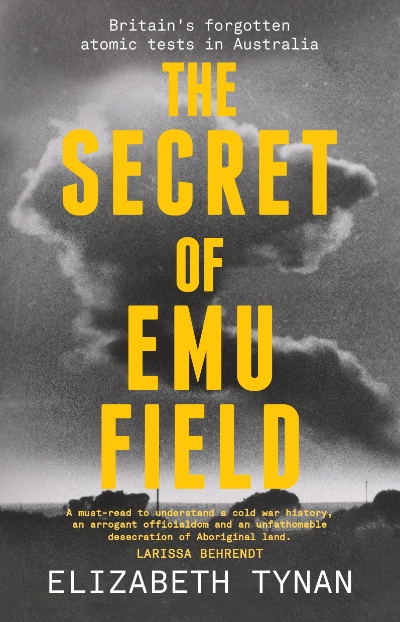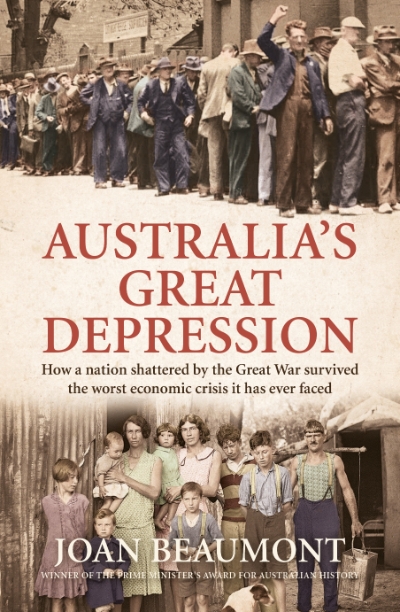Australian History
Colonial Casualties, Chinese in Early Victoria by Kathryn Cronin
The bias in settlement and exploitation of nineteenth-century Australia was essentially English. These Antipodes were classed as a wide white land, for the Anglo-Saxon. A Scot or a Welshman could have a place. They were Celts, and classed as ‘British’, close to the centre of England’s Empire, the greatest ever seen.
... (read more)What major figure in Australian history, apart from Ned Kelly, has had more biographies than Archbishop Daniel Mannix? Librarians can give a decisive answer to this far from rhetorical question. Certainly, Mannix looms large in serious Australian historiography. There are personal studies by Captain Bryan (1919), E.J. Brady (1934), Frank Murphy (1948 and 1972), Niall Brennan (1964), and Walter Ebsworth (1977), and B.A. Santamaria’s short, weighty lecture of 1977. As well, the Mannix shelf is crammed with books like Michael McKernan’s Australian Churches at War, Gerard Henderson’s Mr. Santamaria and the Bishops, Patrick O’Farrell’s The Catholic Church and Community in Australia, and B.A. Santamaria’s Against the Tide – in all of which Mannix is a dominating force. There is no lack of information about the archbishop.
... (read more)‘This internment of ours is but a sideshow of the war’, says a former Dunera internee in this book. Yet this footnote to Britain’s war on the home front has acquired considerable importance for Australia.
... (read more)Australia is not the science-fiction capital of the world; in fact we are probably not even on the map. This unfortunate fact would change if we could produce more writers like Paul Collins.
... (read more)Quite a few years ago, when the future was far more important than the days gone by and the past hadn’t acquired that elusively seductive voice to beckon me with the urgency that it does now, I tended to be rather flippant about the notions of ‘home’ and ‘homeland’. ‘Home’ simply meant where I was at any given time. To an extent such a shallow definition can be attributed to my early experiences of travel and the consequences of the constantly changing landscape which confronted a young backpacker who didn’t feel the necessity of a cultural anchor. I simply moved from one country to another, with the restless compulsion of the Wandering Jew, to satiate a curiosity sparked off by a trip to the exotic wilderness of the Khyber Pass when I was a child.
... (read more)Of the many pernicious legacies of colonialism, Australia’s servility in the face of Britain’s nuclear arms aspirations is one of the most under-reported and most consequential. In this week’s episode of The ABR Podcast, Elizabeth Tynan reads her essay tracing the clandestine history of, and fallout from, the agreements that allowed the British to test atomic weapons at various sites in South and Western Australia after World War II. By highlighting the Menzies government’s eager consent and the Australian media’s compliance, Tynan shows that far from being a passive victim, Australia was largely complicit in tests that wrought havoc on large tracts of land and on the Indigenous communities who lived there.
... (read more)For at least the first half of the twentieth century, Australian playwrights were not held in high regard by their compatriots. Popular opinion was summed up by fictional theatre manager M.J. Field in Frank A. Russell’s novel The Ashes of Achievement (1920).
... (read more)When I was launching my book Atomic Thunder: The Maralinga story in 2016, one of the guests put it to me that the name Maralinga should be just as recognisable in Australian society as Gallipoli. This comment suggested that the British tests had a broader meaning that spoke to a national mythology and were not just interesting historical events.
... (read more)The Secret of Emu Field: Britain’s forgotten atomic tests in Australia by Elizabeth Tynan
In 1953, the British government conducted the Totem nuclear weaponry tests at Emu Field in South Australia. It was an inhospitable environment for non-Indigenous visitors. One London-based administrator called for the Australian military to remove all flies from the site. These tests earned part of a chapter in Elizabeth Tynan’s award-winning Atomic Thunder: The Maralinga story (reviewed by Danielle Clode in the March 2017 issue of ABR). Now Tynan has expanded the Totem story into a book that purports to uncover the secrets of what happened there and why.
... (read more)Australia’s Great Depression: How a nation shattered by the Great War survived the worst economic crisis it has ever faced by Joan Beaumont
In 2007, on the seventy-fifth anniversary of the Great Ocean Road, a bronze statue was unveiled at Eastern View, near Torquay. The statue, titled ‘The Diggers’, depicts two pick-wielding mates, one handing the other a drink. In name and form, the statue memorialises both the World War I Anzacs the road was built to honour and the repatriated soldiers who began constructing it in 1919. But the statue tells only half the story. As the anniversary date indicates, the Great Ocean Road was completed in 1932, at the height of the Great Depression. It provided work not only for returned servicemen, but also for thousands of unemployed a decade later. Many probably worked under both circumstances.
... (read more)

